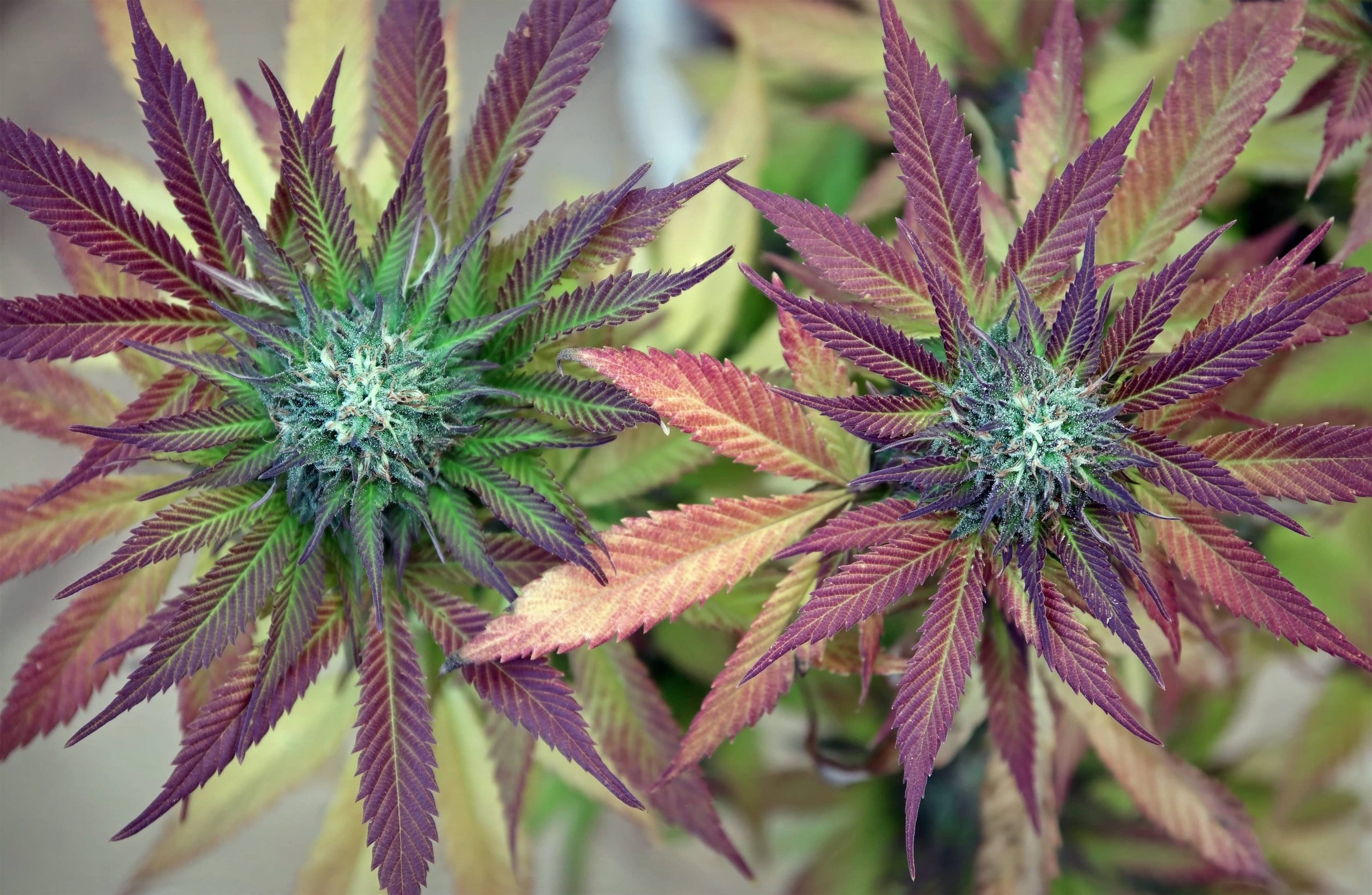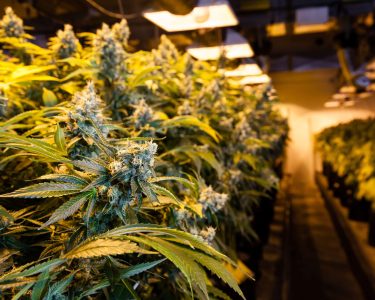Gateway theory again – the belief that cannabis use leads to other drugs, popularized about 40 years ago—This time, using twins as controls, we found no evidence of worsening substance abuse in legal states.
A new long-term study examined a set of more than 4,000 twins and found that state legalization status was not associated with increased substance use disorders for other drugs and other psychological problems and vulnerabilities. I was. The researchers also noted that while legalization increased cannabis use, alcohol use disorders (AUD) decreased.
of study, “The legalization of recreational cannabis has had a limited impact on a wide range of adult psychiatric and psychosocial outcomes,” was published online Jan. 5 by Cambridge University Press. . use, substance use disorders, and psychosocial functioning, and whether vulnerable individuals are more susceptible to cannabis legalization than others.
Addiction usually goes far beyond the substances involved. Colorado Sun report Researchers measured general psychological dysfunction, and beyond substance use disorders, also relationship problems thought to be related to financial problems, mental health, community withdrawal, and cannabis use. I measured.
After noting that in states where twins legally use cannabis, they consume about 20% more cannabis than in states that aren’t environmentally friendly. previous researchthe same team of researchers set out again to see if this affects other substance addictions and other mental disorders.
Researchers collected data from twin longitudinal studies in two opposing states, Colorado or Minnesota. The state provided near-perfect control to examine the full impact of legalization compared to states that have banned most forms of cannabis. Researchers from both states watched the twins over time. Using twins allows for more automatic control over socioeconomic status and genetic differences.
Researchers collected data from 4,078 individuals who were first evaluated in adolescence, are now 24-49 years old, and live in states (Colorado or Minnesota) that currently have different cannabis policies.Study Participation The individuals were recruited as teenagers via birth records from 1972 to 1994, and an adult cannabis store opened in Colorado in 2014. Parents provided informed consent if study participants were minors.
Living in a legal state was “not associated” with substance abuse disorder, but it was found to lead to more pot use and less alcohol use. It was associated with a decline in the AUD rate.
“In a twin-controlled design that accounted for early cannabis use frequency and alcohol use disorder (AUD) symptoms, respectively, twins living in recreational conditions used cannabis more frequently on average, and AUD symptoms were associated with those living in the same community. Fewer than twins in non-recreational conditions.Cannabis legalization was not associated with other adverse outcomes in designing twins, including cannabis use disorders. There were no risk factors that significantly interacted with
This has led researchers to several conclusions.
“Recreational legalization was associated with increased cannabis use and decreased AUD symptoms, but not with other maladjustments,” the researchers wrote. , were maintained within twin pairs not matched by place of residence.Furthermore, vulnerability to cannabis use was not exacerbated by the legal cannabis environment.Future studies will explore cannabis consumption and outcomes. It may be possible to investigate causal relationships between
Living in a legal state led to higher rates of pot use, but did not affect substance abuse or other psychological problems. One Stephanie Zellers Said Colorado Sun“I didn’t really see the policy[regarding cannabis legalization]having a lot of negative effects, but I think this is important.”
“This twin factor allows us to rule out a lot of possible alternatives. It could just be cultural differences, family differences, or something like that,” Zellers explained. and explained the need to observe the twins.
Zellers also led an earlier study that looked at the impact of legalization. The team funds much of its research under a grant from the National Institutes of Health.
The researchers stipulate that more data are needed to determine the impact of cannabis legalization on psychiatric disorders and addiction.





